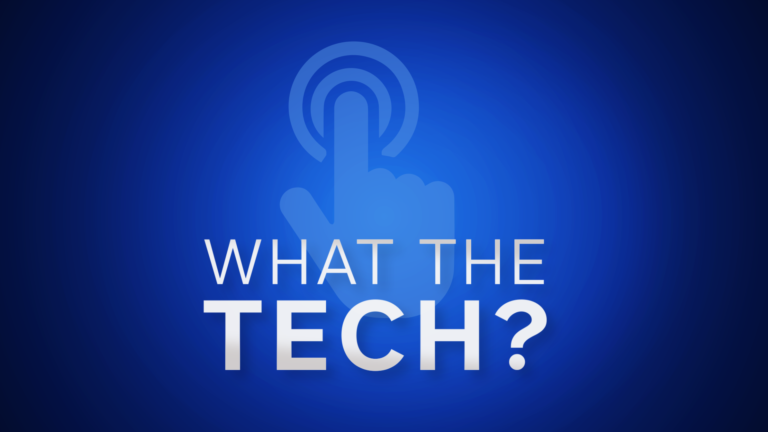It’s no secret that a significant portion of Americans get their news from social media. While scrolling through your feed, you’ve probably seen a friend share a news article from a questionable source.
As the election approaches, the spread of fake news is more rampant than ever.
University professor Hany Farid offers a blunt suggestion: “Get off social media.”
Research shows that social media can have a negative impact on our mental health, and polarizing political posts only make matters worse by stirring up anger, causing hurt feelings, and straining relationships.
Farid emphasizes: “If you want to talk to your friends and family on social media, that’s great. Don’t get your news from social media. It’s not designed for that.”
So what can you do to protect yourself from the onslaught of misinformation?
Doubt it. If you hear someone say, “I saw you on Facebook…” approach that person.
Be careful with information. Check sources: Check the credibility of news outlets before sharing a post. Is it reputable or known for producing fake news and clickbait? If in doubt, don’t share. Limit political content: If you want to avoid political posts on your profile, go to your Facebook settings and block certain keywords. This prevents others from posting those terms in comments. Snooze or unfollow: If a friend frequently shares posts that make you uncomfortable, consider snoozing them for 30 days or unfollowing them completely.
Please note that Facebook does not currently offer a keyword blocking tool for News Feed. If checking Facebook too often makes you feel sick, especially during the stressful election season, these steps can help.
For more US news, click here.


